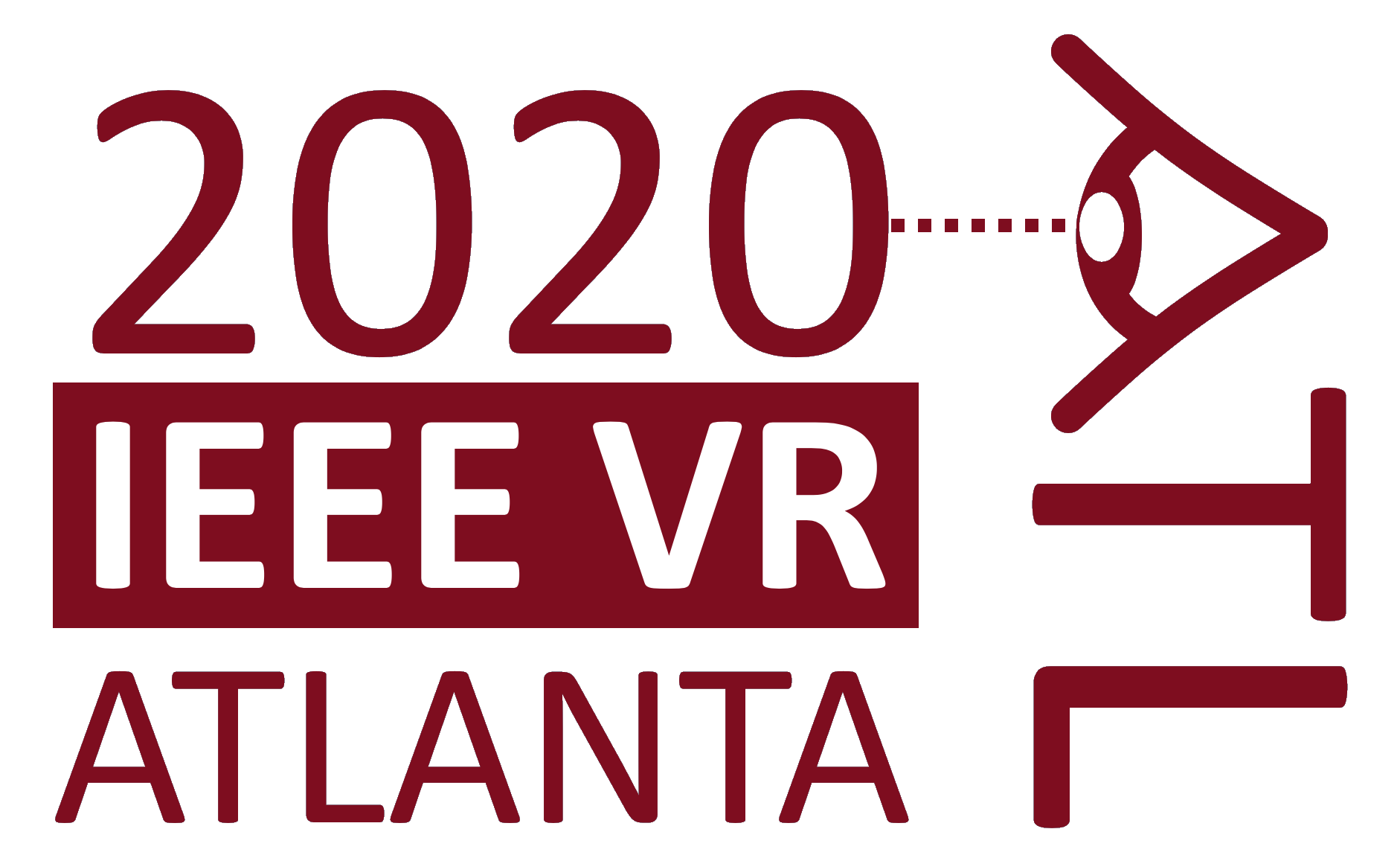
March 22nd - 26th

March 22nd - 26th
Conference Sponsors:
Gold

University of Georgia
Silver

Georgia Institute of Technology
Bronze
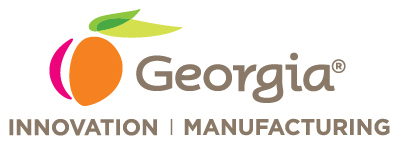
The Center of Innovation for Manufacturing - Georgia Institute of Technology
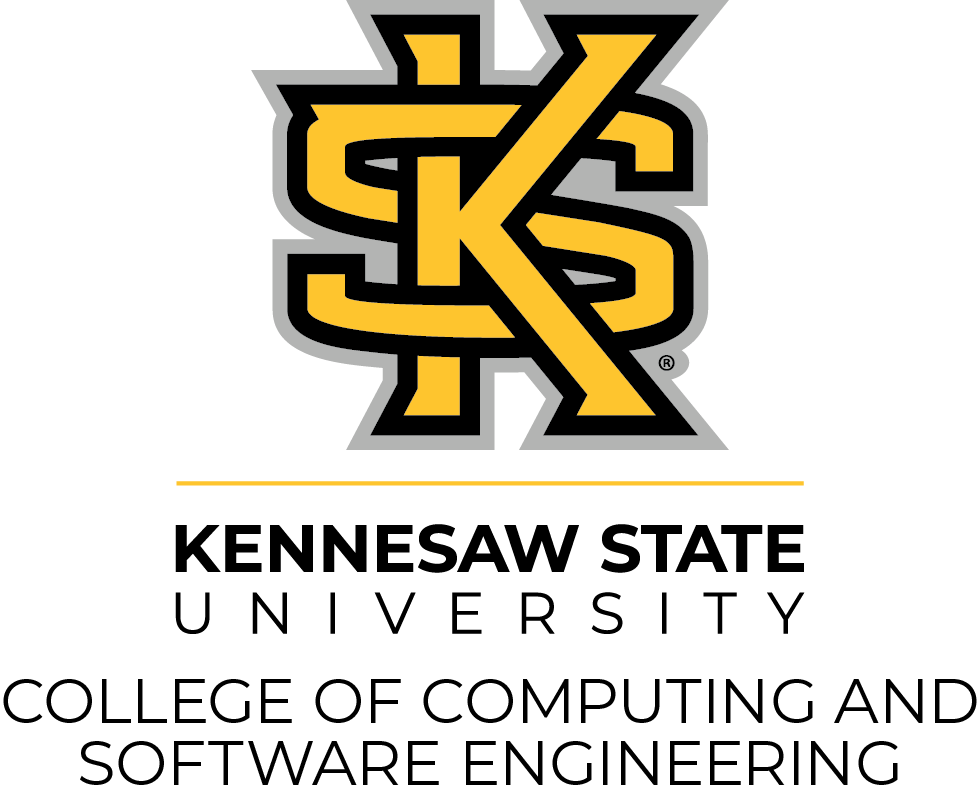
Kennesaw State University

Mozilla

Microsoft Research, Altspace and Mixed Reality
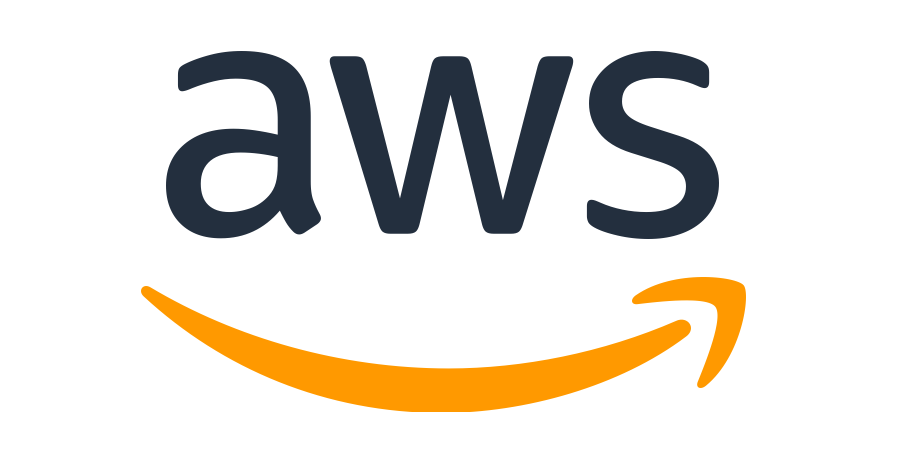
Amazon Web Services
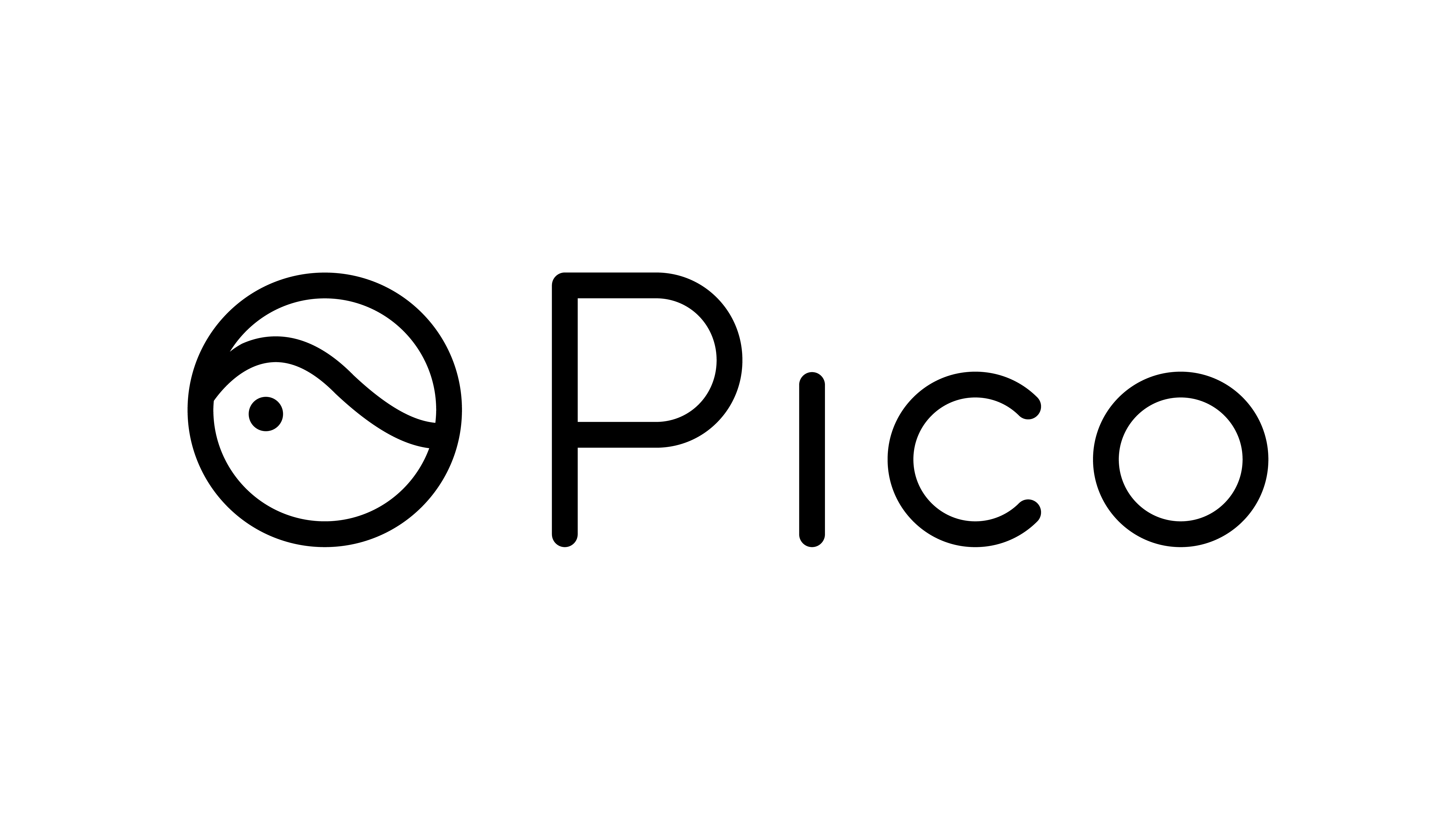
Pico Interactive
Supporter

Emory University
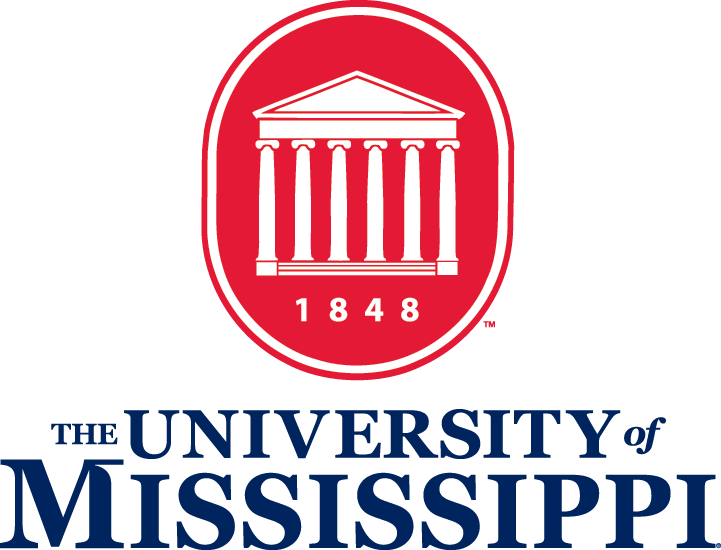
University of Mississippi

Vimeo
Doctoral Consortium Sponsors:

National Science Foundation
Contest Sponsors:

Fakespace Labs
Exhibitors and Supporters
Call for Research Demonstrations
Important Dates
- December 19, 2019: Two-page abstract, floor plan, and video material submission
- January 10, 2020: Notification of results
- January 16, 2020: Camera-ready two-page abstract, floor plan, and final video material submission
Proposals for research demonstrations must be submitted electronically through the online submission system https://new.precisionconference.com/~vr by the given deadline. Interested contributors are encouraged to contact the chairs with any questions or to discuss potential demonstrations.
Each deadline is 23:59:59 AoE (Anywhere on Earth) == GMT/UTC-12:00 on the stated day, no matter where the submitter is located.
Overview
The 27th IEEE Conference on Virtual Reality and 3D User Interfaces 2020 seeks research demonstrations from laboratories or research groups (academic, government, or industry). Demos should interest the broad VR community and be presentable in a conference setting exhibiting new and innovative work. The conference will provide basic infrastructure (space, a table, and power). Additionally, authors of accepted demos will present an overview in a fast-forward research demonstration session to summarize their demo and relate it to research being performed at their lab.
Submission Guidelines
A demo proposal should include:
- A two-page extended abstract in PDF format describing the demo and the research itself. This will be published in the conference proceedings. Please provide the abstract in IEEE format, see below.
- A schematic of the layout (a separate document detailing the size and showing components such as projectors, cameras, etc. and describing any special support needed.)
- (Optional) A brief video showing the demo in action (the URL should be included in the proposal – preferably YouTube or Vimeo). This video could also be submitted to the IEEE Videos Track for separate consideration. (Please refer to the IEEE Videos Call for formatting and deadlines.)
The submission should clearly describe the overall architecture of the system or technology demonstrated. Authors should put great emphasis on the work's motivation, applications, and novelty. The description should also explain how the audience can interact with the demo. Submissions need not be anonymized but may be if the authors prefer. Abstracts for accepted demos will be included in the conference proceedings and in the IEEE Xplore Digital Library, so they must follow the IEEE Computer Society format at http://junctionpublishing.org/vgtc/Tasks/camera.html.
Accepted demos must be up and running during dedicated demo sessions and lunch breaks. It is further appreciated if they run at other times (e.g., coffee breaks), but that is not required for acceptance.
Contacts
For more information, please contact the Research Demonstration Chairs:
- Ayush Bhargava, Key Lime Interactive, USA
- David M. Krum, University of Southern California, USA
- Christoph Borst, University of Louisiana Lafayette, USA
-
Benjamin Weyers, University of Trier, Germany
researchdemos2020 [at] ieeevr.org
